

Articles
How To Store Bananas To Last Longer
Modified: February 27, 2024
Learn the best techniques for storing bananas to extend their freshness and prevent them from spoiling too quickly. Read our articles and start preserving your bananas today!
(Many of the links in this article redirect to a specific reviewed product. Your purchase of these products through affiliate links helps to generate commission for Storables.com, at no extra cost. Learn more)
Introduction
Welcome to our guide on how to store bananas to last longer! Bananas are a beloved fruit for their delicious taste, versatility, and numerous health benefits. They are a staple in many households and can be enjoyed in a variety of ways, whether it’s as a stand-alone snack, added to smoothies, or used in baking. However, bananas have a tendency to ripen quickly, which can lead to waste if not properly stored.
Proper storage is crucial for maximizing the shelf life of bananas and ensuring they stay fresh and flavorful for as long as possible. In this article, we will explore why proper banana storage is important, what factors affect banana ripening, and provide you with the best practices for storing bananas. We will also share tips for storing bananas in different situations, such as when you have too many ripe bananas or when you want to slow down the ripening process. Additionally, we will cover how to revive overripe bananas and answer some frequently asked questions about banana storage.
No one likes the disappointment of reaching for a banana only to find it overripe or mushy. By following the tips and guidelines in this article, you can extend the lifespan of your bananas, reduce waste, and always have a fresh supply of this nutritious and delicious fruit on hand.
Key Takeaways:
- Proper banana storage is essential for extending shelf life, preventing premature ripening, and maintaining flavor and freshness. Follow best practices to maximize the lifespan of your bananas and reduce waste.
- Whether freezing ripe bananas for later use or reviving overripe ones for baking, there are creative ways to make the most of your bananas and minimize waste. Experiment with different storage methods to enjoy fresh and flavorful bananas for an extended period.
Read more: How To Store Celery To Last Longer
Why is Proper Banana Storage Important?
Proper banana storage is essential for several reasons. First and foremost, it helps to extend the shelf life of bananas, ensuring that you can enjoy them over a longer period. When bananas are stored correctly, they can stay fresh and usable for up to two weeks or even longer, depending on their initial ripeness.
Another reason why proper storage is important is to prevent premature ripening. Bananas are known for their quick ripening process, and if they are not stored correctly, they can become overly ripe within a short period. This can lead to waste as overly ripe bananas are often discarded or used in different ways than originally intended.
In addition to reducing waste and extending the lifespan of bananas, proper storage can also help maintain the flavor and texture of the fruit. When bananas are not stored correctly, they can develop a bland or unpleasant taste, and their texture can become mushy. By storing bananas properly, you can ensure that they retain their optimal flavor and texture, making them more enjoyable to eat.
Furthermore, proper storage practices can help prevent the growth of mold and bacteria on the surface of the bananas. As bananas ripen, they become more vulnerable to microbial growth, which can lead to spoilage. By following the recommended storage methods, you can minimize the risk of mold and bacterial growth, keeping your bananas safe to consume.
Finally, proper storage is crucial for keeping bananas fresh and appealing in appearance. Bananas that are not stored correctly may develop brown spots, become discolored, or lose their vibrant yellow color. By storing bananas properly, you can maintain their visual appeal and make them more visually appetizing.
In summary, proper banana storage is important for extending the shelf life, preventing premature ripening, maintaining flavor and texture, preventing mold and bacteria growth, and preserving their visual appeal. By investing a little time and effort into storing your bananas correctly, you can maximize their freshness and enjoy their benefits for an extended period.
Factors that Affect Banana Ripening
Understanding the factors that influence banana ripening can help you better manage their storage and ensure they stay fresh for longer. Several key factors play a role in how quickly bananas ripen, including:
- Ripeness at the time of purchase: Bananas that are already ripe or have yellow spots on the skin will tend to ripen faster compared to green bananas. When buying bananas, consider your consumption timeline and choose bananas that are at the desired level of ripeness.
- Temperature: Bananas are sensitive to temperature, particularly warmer temperatures. Higher temperatures accelerate the ripening process, so it’s essential to store bananas in a cool environment to slow down the ripening.
- Exposure to sunlight: Sunlight can speed up the ripening process of bananas. It’s best to store bananas away from direct sunlight or in a shaded area to prevent them from becoming overripe too quickly.
- Impact of ethylene gas: Bananas naturally produce a gas called ethylene, which speeds up ripening. When stored together with other fruits or vegetables that release ethylene gas, such as apples or tomatoes, bananas can ripen even faster. Keep bananas separated from other produce to control their ripening process.
- Fruit storage proximity: Being in close proximity to other ripe fruits can also accelerate the ripening of bananas. If you have already ripened fruits, it’s advisable to store bananas separately to prevent them from ripening too quickly.
- Air circulation: Proper air circulation helps regulate the ripening process of bananas. Ensure that the storage area allows for adequate airflow to prevent the accumulation of humidity, which can accelerate spoilage.
- Storage method: The way you store bananas can impact their ripening. For example, keeping bananas attached to their main bunch can cause them to ripen faster due to the ethylene production from the other bananas. Separating the bananas can slow down the ripening process.
By understanding these factors and taking the necessary steps to control them, you can effectively manage the ripening process of bananas and keep them fresh for longer periods. In the next section, we will discuss the best practices for storing bananas to optimize their shelf life.
Best Practices for Storing Bananas
Proper storage techniques are essential for maximizing the shelf life of bananas and preventing premature ripening. By following these best practices, you can keep your bananas fresh and flavorful for as long as possible:
- Separate bananas from the bunch: When you bring home a bunch of bananas, it’s best to separate them from the main bunch. This helps to slow down the ripening process as bananas release ethylene gas, which can accelerate ripening. Instead of leaving them attached to the stem, place each banana individually.
- Store bananas at room temperature: Keep unripe bananas at room temperature to allow them to ripen gradually. However, once bananas reach the desired level of ripeness, you can prolong their freshness by transferring them to a cooler location. Avoid refrigerating unripe bananas as it can disrupt their ripening process.
- Choose the right storage area: Find a cool, dry, and well-ventilated area to store your bananas. This could be a pantry, countertop, or any spot away from direct sunlight and heat sources. Avoid storing bananas near appliances that generate heat, such as ovens or stoves.
- Prevent bruising: Handle bananas with care to prevent bruising, as bruised areas can accelerate ripening. When placing them in storage or transporting them, try to avoid unnecessary jostling or stacking heavy objects on top of them.
- Consider using a banana hanger or hook: If you have limited countertop space, a banana hanger or hook can be a convenient way to store bananas. Hanging them allows for better airflow and can help avoid bruising and quick ripening.
- Monitor and remove overripe bananas: Regularly check the condition of your stored bananas and remove any overripe or spoiled ones. Overripe bananas release more ethylene gas, which can speed up the ripening of other fruits nearby.
- Use plastic wrap or foil: To slow down the ripening process of already ripe bananas, you can individually wrap the stem of each banana using plastic wrap or aluminum foil. This helps to contain the ethylene gas emitted by the bananas and reduce exposure to other fruits.
By following these best practices, you can significantly extend the lifespan of your bananas and enjoy them at their best for an extended period. However, if you find yourself with too many ripe bananas or if you want to slow down the ripening process, consider the tips we will discuss in the next section.
Tips for Storing Bananas in Different Situations
Whether you have an excess of ripe bananas or want to slow down the ripening process, here are some helpful tips for storing bananas in different situations:
- Too many ripe bananas: If you find yourself with an abundance of ripe bananas and cannot consume them all before they become overripe, consider freezing them. Peel the bananas, cut them into chunks, and place them in a freezer-safe bag or container. Frozen bananas can be used for smoothies, baking, or making delicious banana ice cream.
- Slowing down ripening: To slow down the ripening process, you can try separating individual bananas and wrapping the stem of each banana with plastic wrap or aluminum foil. This helps to reduce the exposure to ethylene gas and slows down ripening. Additionally, placing the bananas in the refrigerator can further slow down the ripening process. However, note that refrigerated bananas may develop dark spots on their skin, but the fruit inside will remain unaffected.
- Storing with other fruits: If you want to expedite the ripening of other fruits, such as avocados or tomatoes, you can store them together with ripe bananas. The ethylene gas produced by bananas will help these fruits to ripen faster. However, remember to keep them separate if you want to control the ripening process and avoid premature spoilage.
- Preserving sliced bananas: If you have sliced bananas that you want to keep fresh for a short period, you can dip them in lemon juice before storing. Lemon juice helps to prevent browning and can keep the bananas looking fresh and appetizing.
- Making banana bread or muffins: If you have overly ripe bananas and want to use them for baking, that’s great! Overripe bananas are perfect for making delicious and moist banana bread or muffins. Once your baked goods have cooled, store them in an airtight container to maintain freshness.
These tips will help you manage different situations when it comes to storing bananas. Whether you need to freeze ripe bananas, slow down the ripening process, or preserve sliced bananas, these techniques will come in handy. However, if you have overripe bananas that you don’t want to discard, don’t worry. We have some ideas to revive them in the next section.
Store bananas at room temperature until they ripen, then refrigerate to slow down the ripening process. Keep them separate from other fruits to prevent them from ripening too quickly.
Read more: How To Store Peaches To Last Longer
How to Slow Down the Ripening Process
If you want to slow down the ripening process of your bananas, there are a few techniques you can try. These methods can help extend their lifespan and give you more time to enjoy them. Here are some ways to slow down the ripening process:
- Refrigerate unripe bananas: If you have unripe bananas and want to slow down their ripening, you can place them in the refrigerator. The cooler temperature in the fridge can delay the ripening process. However, note that this method is best suited for unripe bananas as refrigeration can cause already ripe bananas to develop dark spots on their skin.
- Separate ripe bananas: If you have ripe bananas and want to prevent them from ripening further, it’s important to separate them from other fruits and store them individually. This helps to minimize the ethylene gas exposure and slow down ripening.
- Use the plastic wrap or foil method: To slow down the ripening process of ripe bananas, you can try individually wrapping the stem of each banana with plastic wrap or aluminum foil. This restricts the ethylene gas release and can help extend their freshness.
- Adjust temperature and airflow: Experiment with storing bananas in different areas of your home to find the coolest spot with adequate airflow. Keeping them away from sources of heat and direct sunlight can also help slow down ripening.
- Control humidity: Excessive humidity can accelerate ripening, so it’s important to store bananas in an area with controlled humidity levels. Avoid storing them in areas prone to high humidity, such as near the sink or in the bathroom.
Remember that even with these methods, bananas will eventually ripen, albeit at a slower pace. It’s important to monitor their progression and adjust storage techniques accordingly. By following these tips, you can prolong the life of your bananas and enjoy them for a longer period.
But what if you find yourself with overripe bananas? Don’t worry, there are ways to salvage them! Read on to learn how to revive overripe bananas.
How to Revive Overripe Bananas
Overripe bananas may not be appealing to eat as they are, but they can still be put to good use in various recipes or restored to a more palatable state. Here are a few methods to revive overripe bananas:
- Baking: Overripe bananas are perfect for baking delicious treats like banana bread, muffins, or pancakes. The natural sweetness and moisture of the bananas add flavor and tenderness to baked goods. Search for recipes that specifically call for overripe bananas, and you’ll be able to enjoy a homemade treat.
- Smoothies and shakes: Another great way to use overripe bananas is by incorporating them into smoothies or shakes. Simply blend together the overripe bananas with your choice of milk, yogurt, and any additional fruits or flavorings. The creamy texture and sweetness of the bananas will enhance the flavor of your drink.
- Frozen treats: Peel the overripe bananas, cut them into chunks, and freeze them. These frozen banana chunks can be used to make healthy and delicious frozen treats like banana “nice” cream. Simply blend the frozen banana chunks until creamy, and you’ll have a tasty, dairy-free frozen dessert.
- Pancakes and waffles: Overripe bananas can be mashed and added to pancake or waffle batter as a natural sweetener. The bananas add moisture and some extra flavor to your breakfast goodies. You can also use mashed bananas as an egg substitute in vegan pancake or waffle recipes.
- Fruit salads and toppings: If the texture of the overripe bananas is still acceptable, you can slice them and add them to fruit salads. They can also be used as a topping for cereal, yogurt, or ice cream. The softness and sweetness of the bananas complement other fruits and add a burst of flavor.
These methods allow you to salvage overripe bananas and transform them into delicious treats. Experiment with different recipes and get creative with how you use them. Don’t let overripe bananas go to waste when they can still bring a plethora of flavors to your dishes.
Now that we have covered tips for storing bananas in various situations, let’s move on to addressing some frequently asked questions about banana storage.
Frequently Asked Questions about Banana Storage
Here are some commonly asked questions and answers regarding banana storage:
- Should I store bananas in the refrigerator?
It is generally recommended to store unripe bananas at room temperature to allow them to ripen naturally. However, once bananas reach the desired level of ripeness, you can transfer them to the refrigerator to slow down the ripening process and extend their shelf life. Keep in mind that refrigerated bananas may develop dark spots on their skin, but the fruit inside will remain unaffected.
- Can I store bananas in a plastic bag?
While it’s not necessary to store bananas in a plastic bag, doing so can help contain the ethylene gas released by the bananas, which can potentially slow down the ripening process. However, make sure to leave the bag slightly open to allow for some airflow.
- Can I store bananas in the freezer?
Yes, you can store bananas in the freezer. Simply peel the bananas, cut them into chunks, and place them in a freezer-safe bag or container. Frozen bananas can be used for making smoothies, baking, or enjoying as a frozen treat.
- Can I store bananas in the fruit bowl with other fruits?
While it may be tempting to store bananas together with other fruits in a fruit bowl, it’s best to keep them separated. Bananas release ethylene gas, which can speed up the ripening process of other fruits nearby. To control the ripening of bananas and other fruits, store them separately.
- How long do bananas stay fresh?
The shelf life of bananas typically depends on their initial ripeness and storage conditions. On average, unripe bananas can last up to one week at room temperature. Ripe bananas will last for a shorter time, usually 2-3 days at room temperature. By taking steps to slow down the ripening process and storing them properly, you can extend their freshness for a few more days.
Remember, banana storage techniques may vary depending on personal preferences and environmental factors. The tips and guidelines provided here serve as general recommendations, but it’s important to monitor the condition of your bananas periodically and adjust storage methods accordingly.
With that said, you are now equipped with the knowledge to store bananas effectively and prolong their freshness. By implementing these practices, you can reduce waste and always have delicious and nutritious bananas on hand for your enjoyment.
For more information and specific queries about banana storage, it’s always best to refer to trusted sources or consult with knowledgeable experts.
Now go forth and store your bananas with confidence!
Conclusion
Proper banana storage is crucial for extending their shelf life, preventing premature ripening, and maintaining their flavor and freshness. By following the best practices outlined in this guide, you can maximize the lifespan of your bananas and reduce waste.
Remember to separate bananas from the main bunch, store them at room temperature until ripe, and then transfer them to a cooler location to slow down ripening. Pay attention to factors like temperature, exposure to sunlight, and ethylene gas from other fruits. Consider using plastic wrap or foil to wrap the stem of ripe bananas, and always handle them gently to prevent bruising.
If you find yourself with too many ripe bananas, freezing them is an excellent option. You can also use overripe bananas for baking, making smoothies, or for frozen treats like banana ice cream. Additionally, if you want to slow down the ripening process, experimenting with temperature, airflow, humidity, and storage methods can yield excellent results.
By applying these tips, you can revive overripe bananas or prevent them from becoming overripe in the first place. Your bananas will remain fresh, flavorful, and ready to enjoy for a more extended period.
Lastly, if you have any questions or concerns about banana storage, refer to the frequently asked questions section or consult trusted sources for more information. Remember to monitor the condition of your bananas regularly and make adjustments accordingly.
Now, armed with this knowledge, you can confidently store your bananas and savor their deliciousness for days to come. Happy banana storing!
Frequently Asked Questions about How To Store Bananas To Last Longer
Was this page helpful?
At Storables.com, we guarantee accurate and reliable information. Our content, validated by Expert Board Contributors, is crafted following stringent Editorial Policies. We're committed to providing you with well-researched, expert-backed insights for all your informational needs.
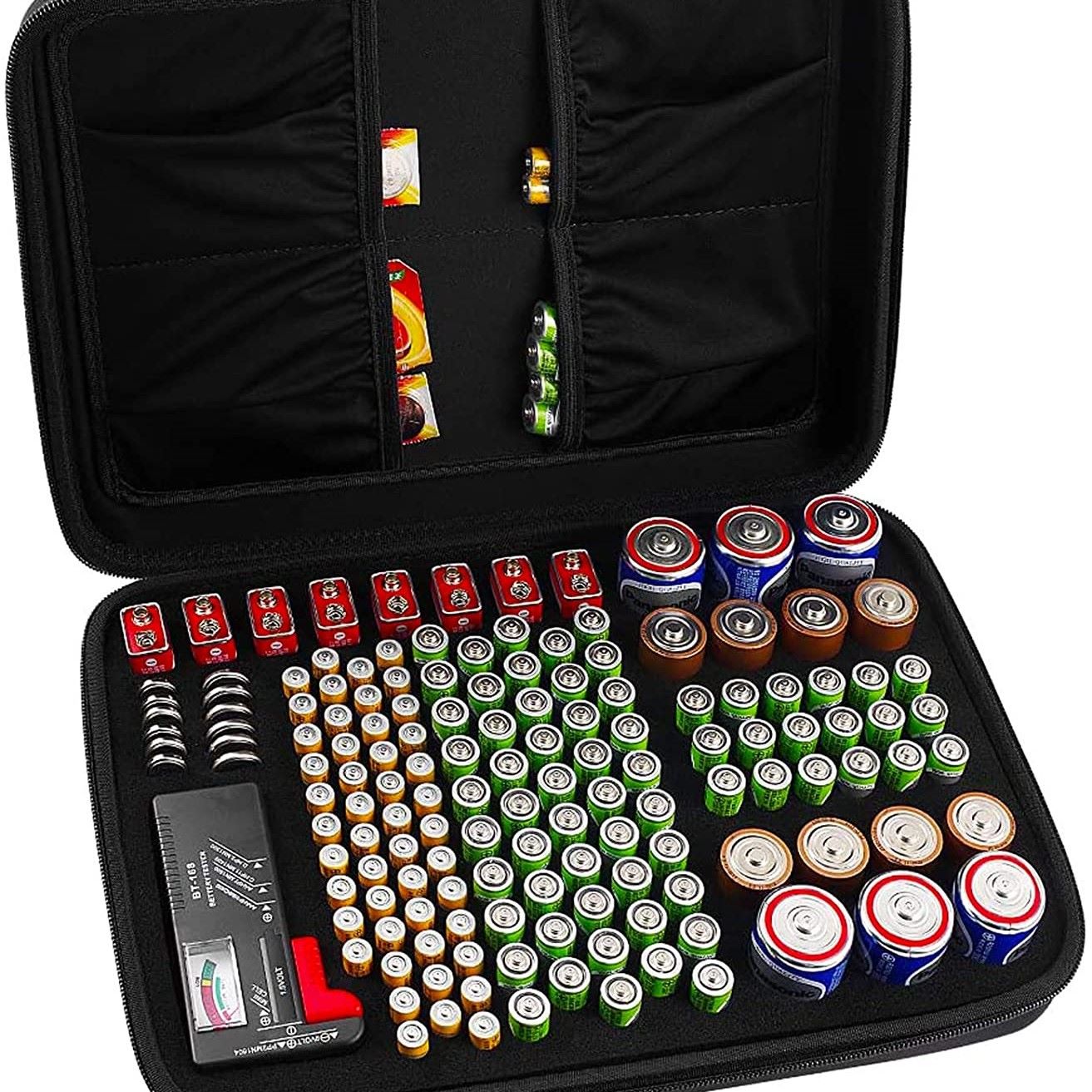
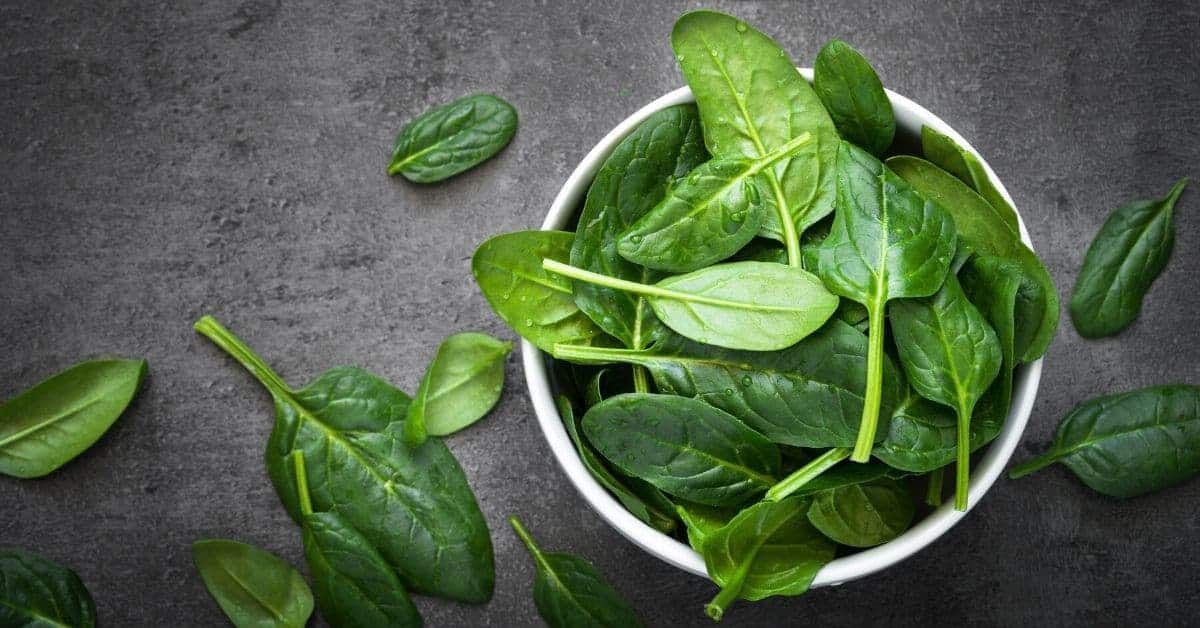
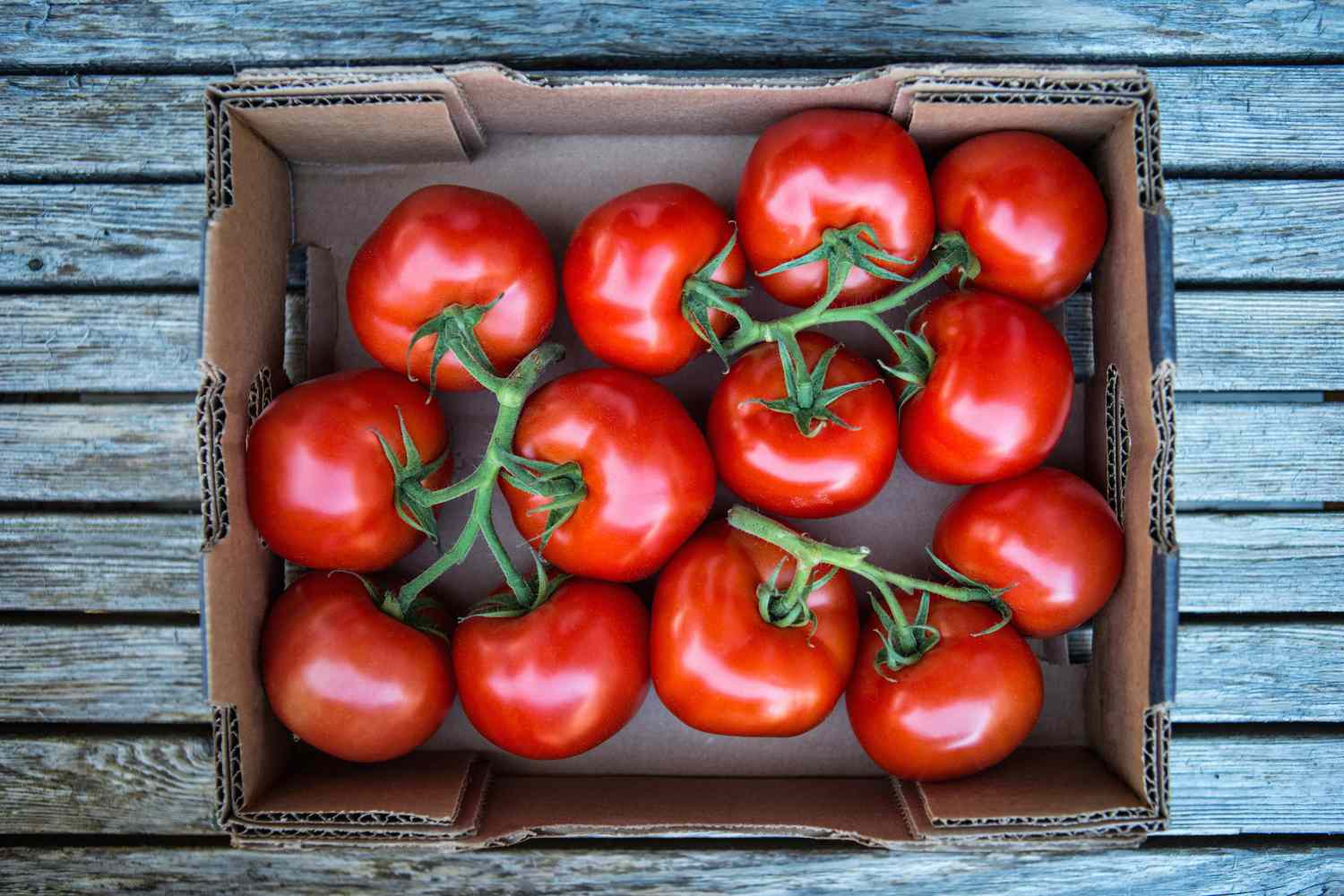
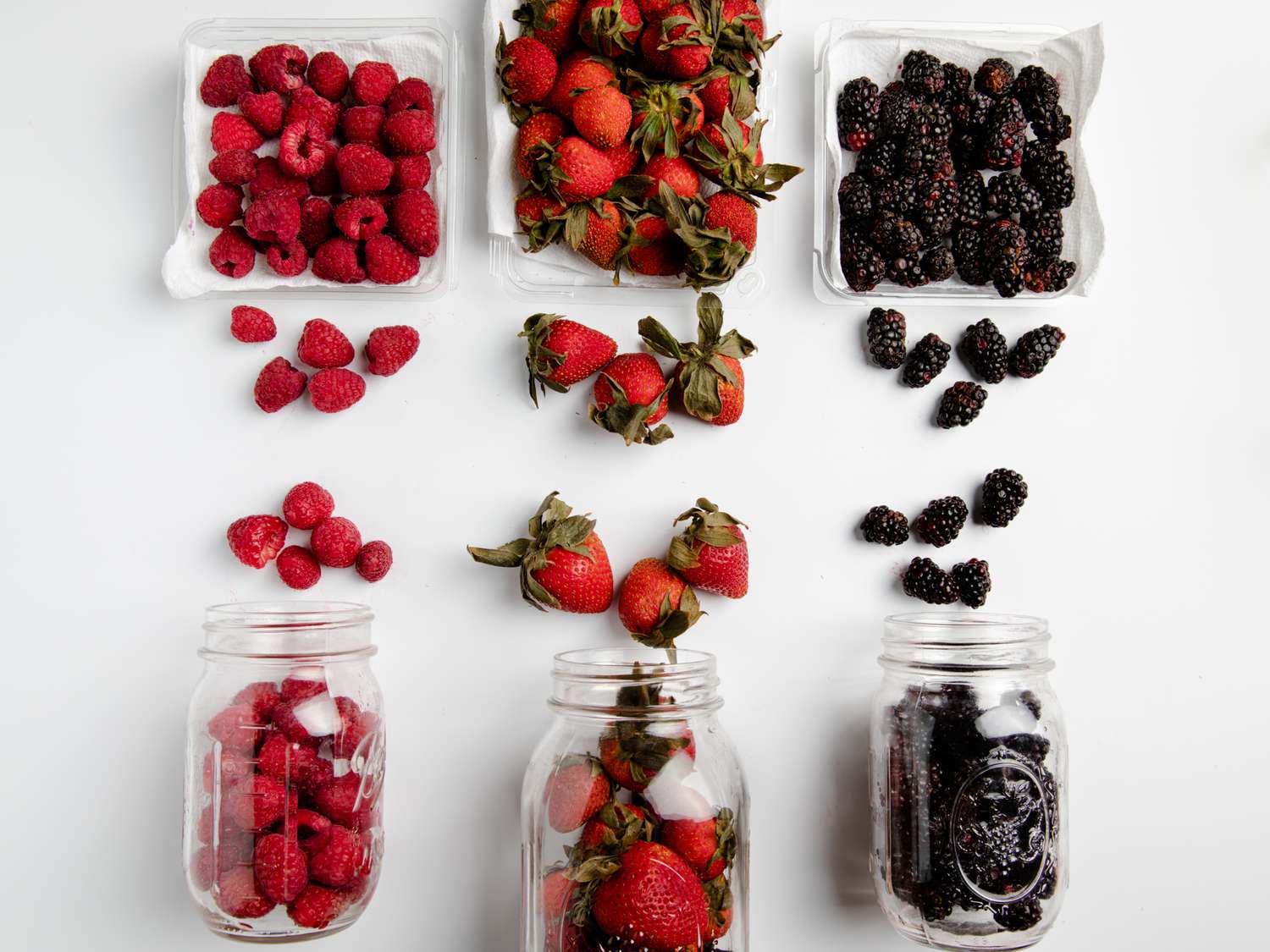
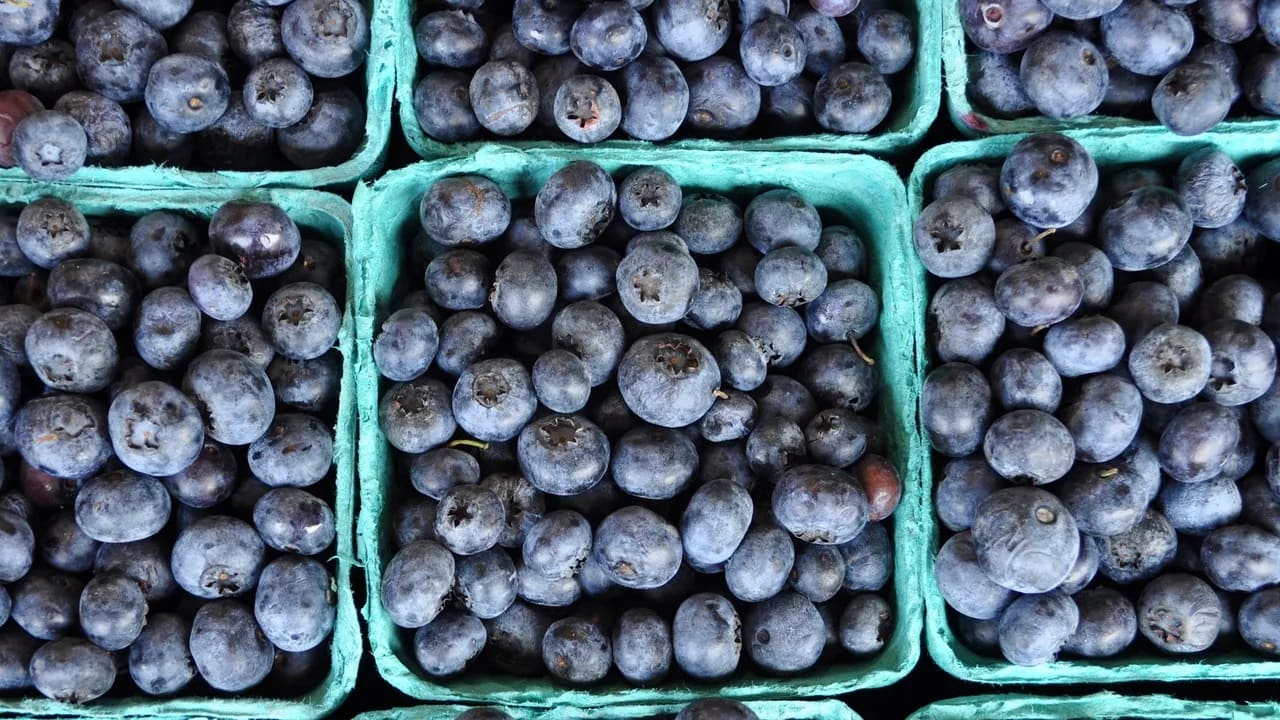
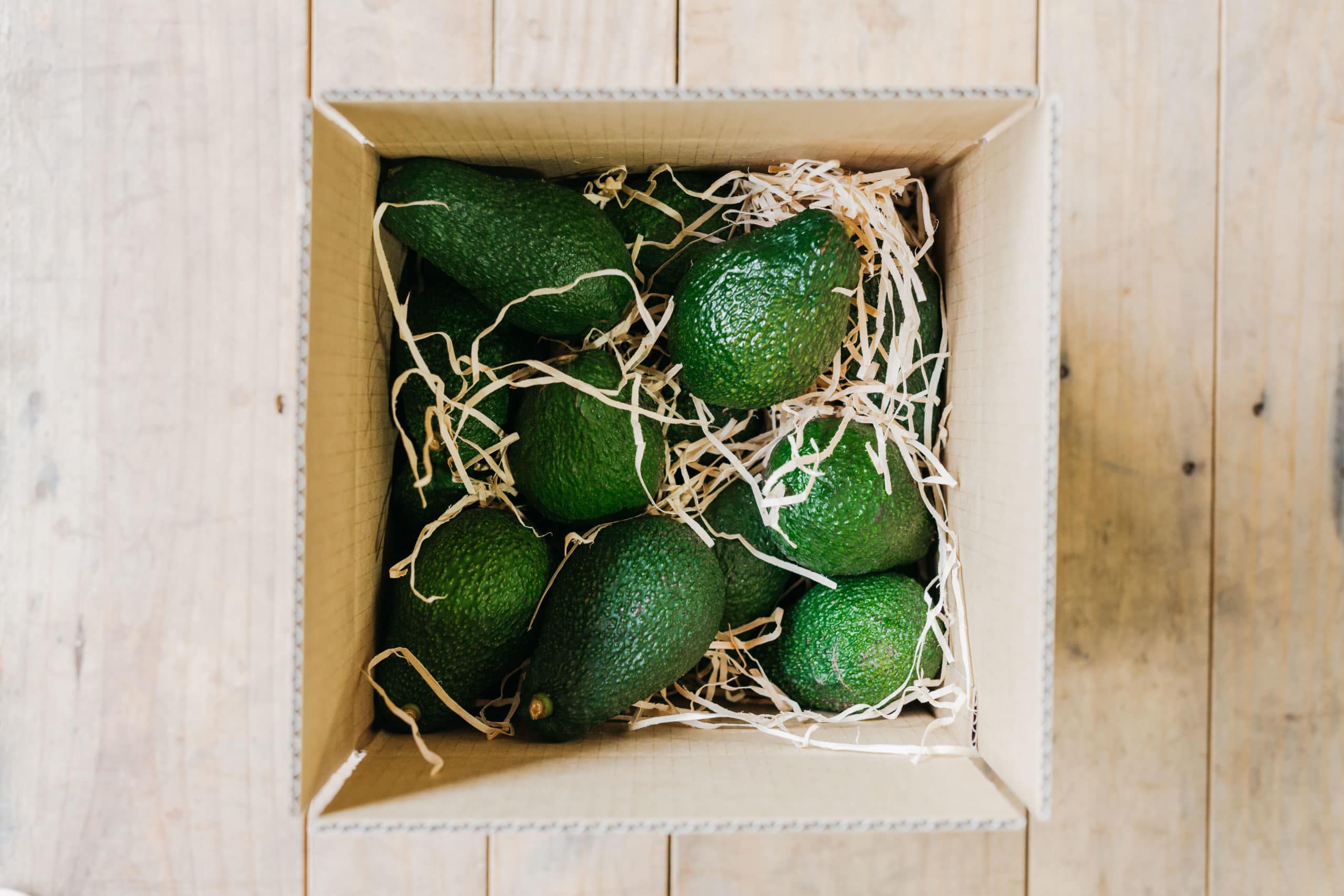
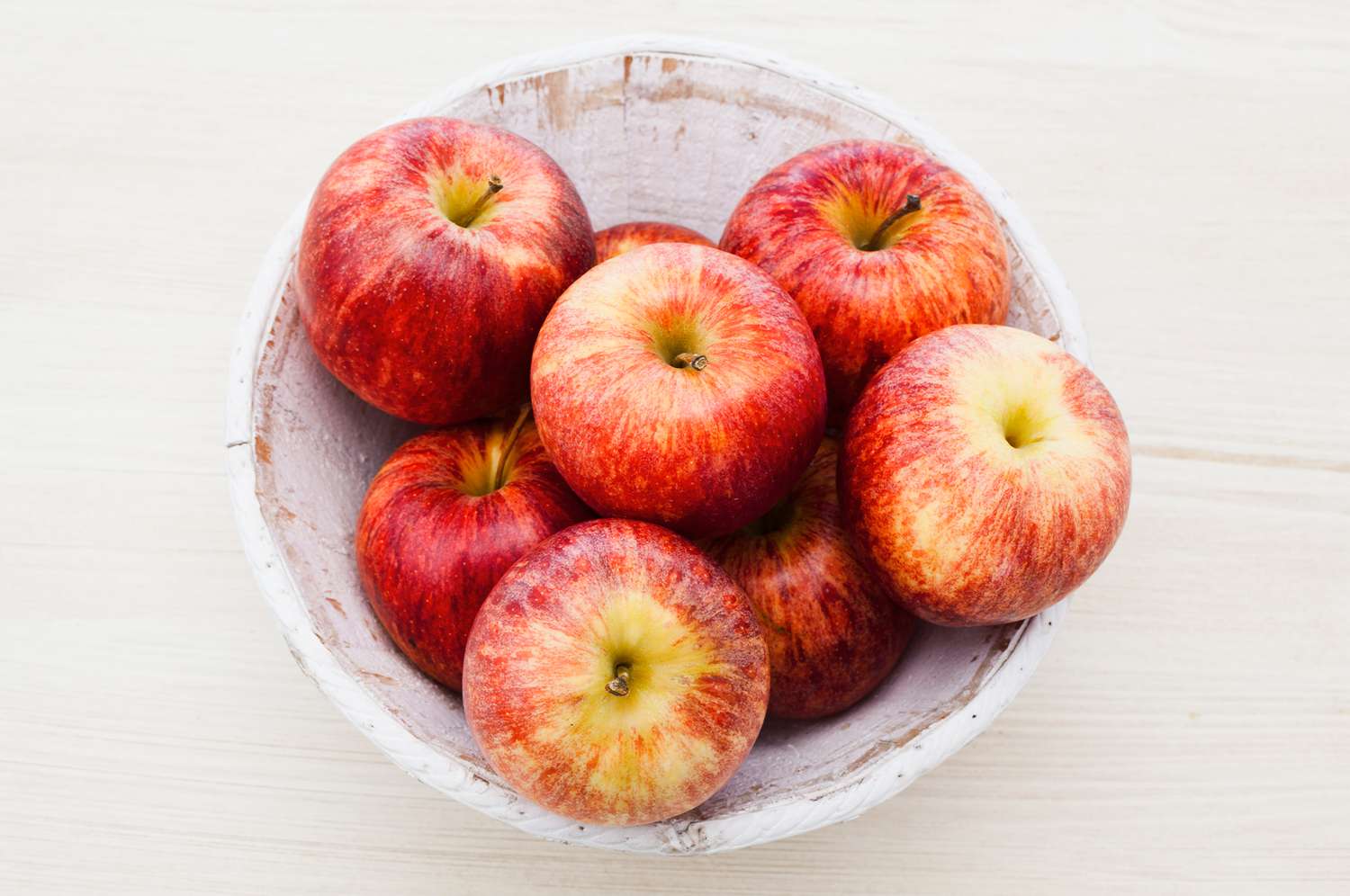
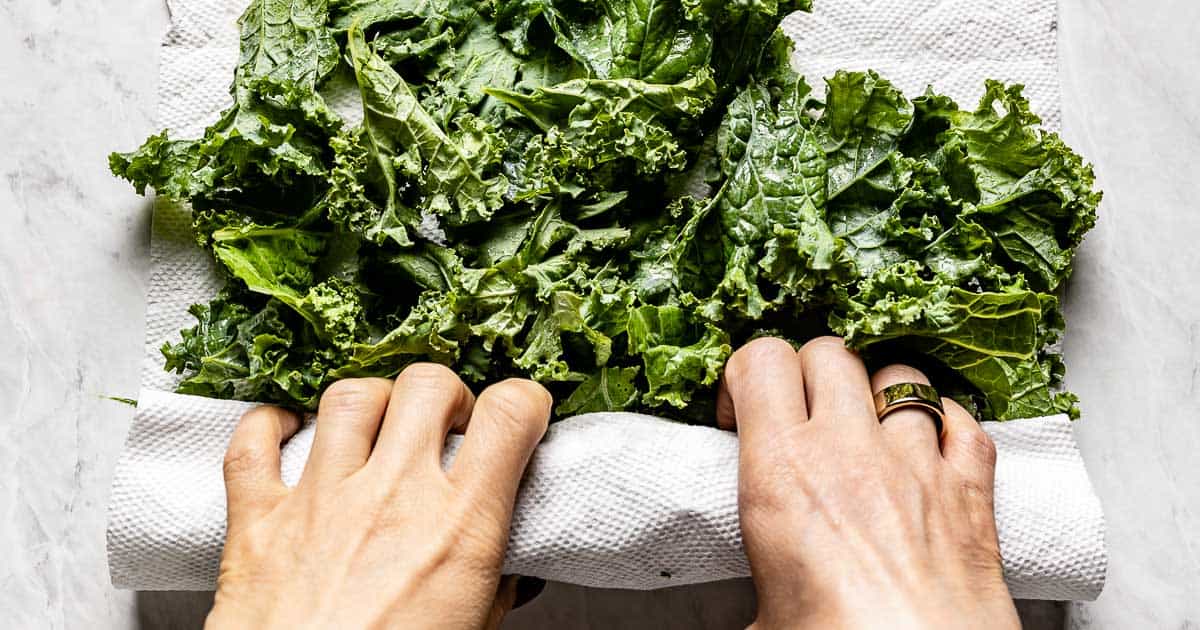
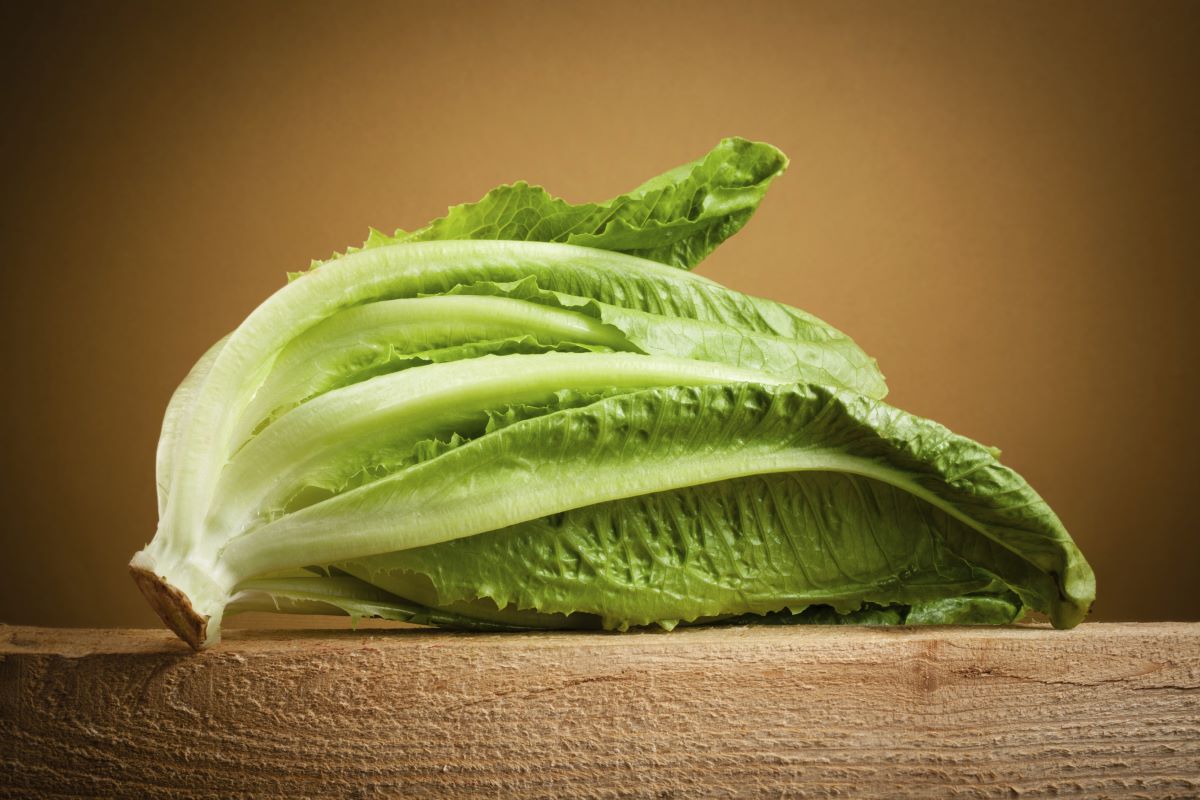
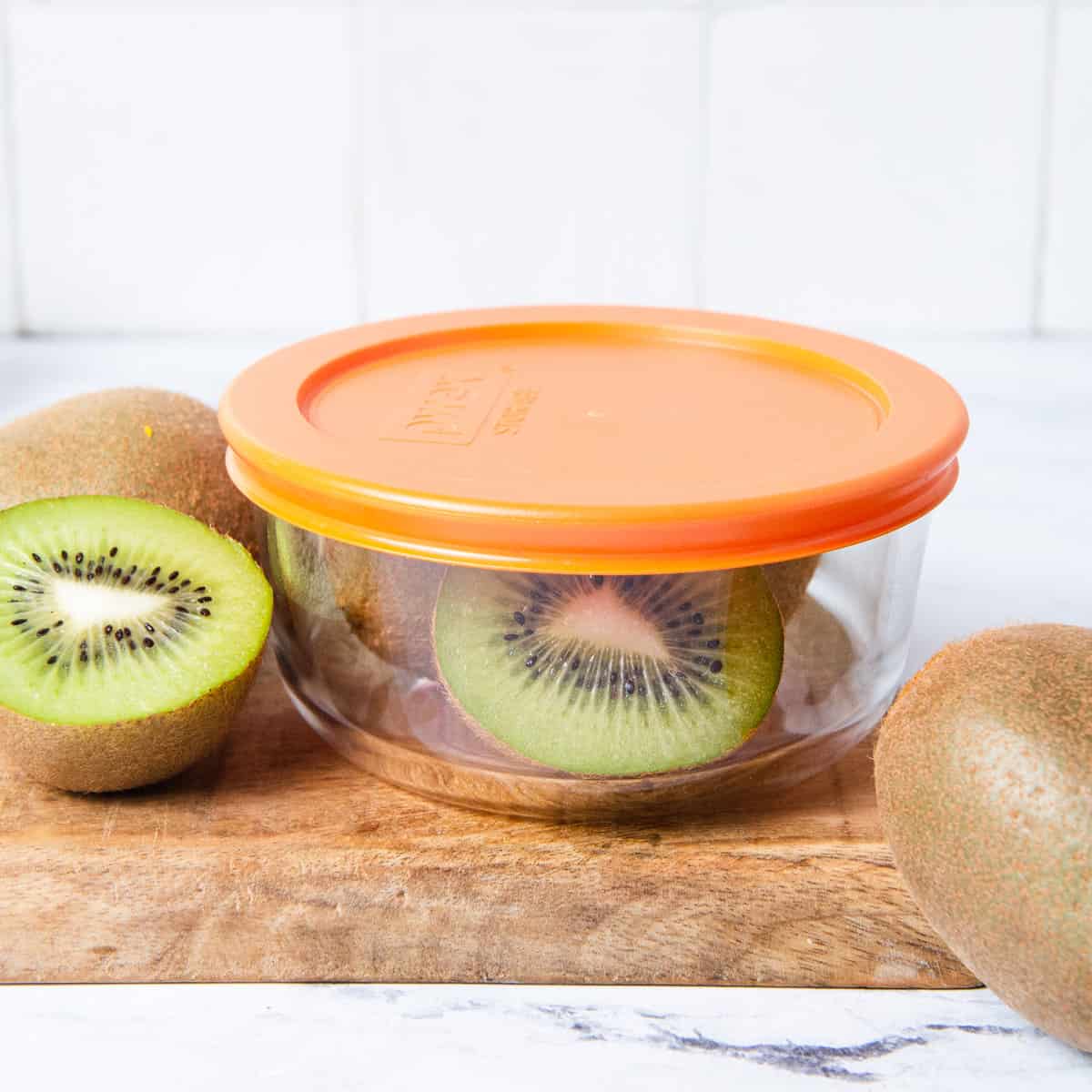
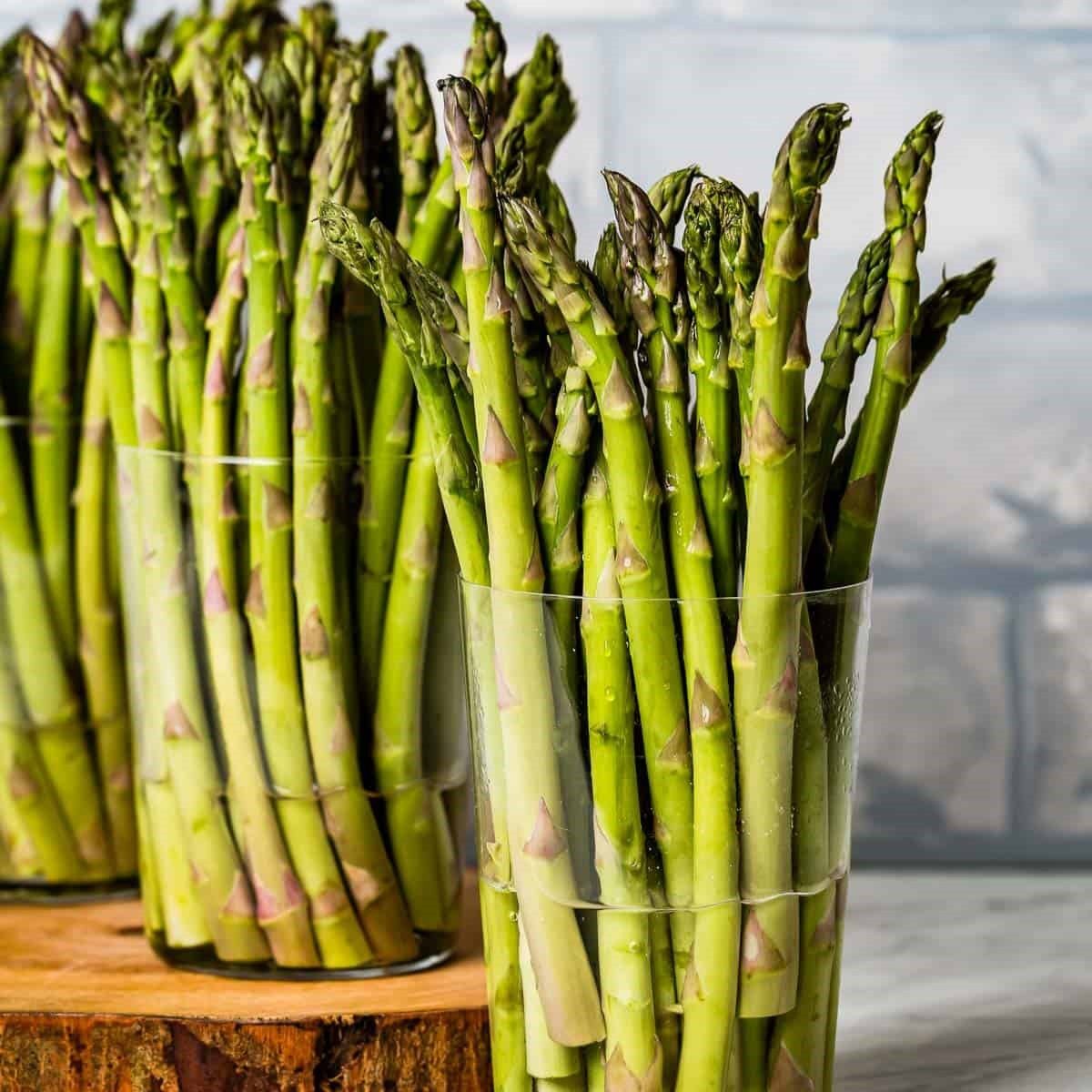
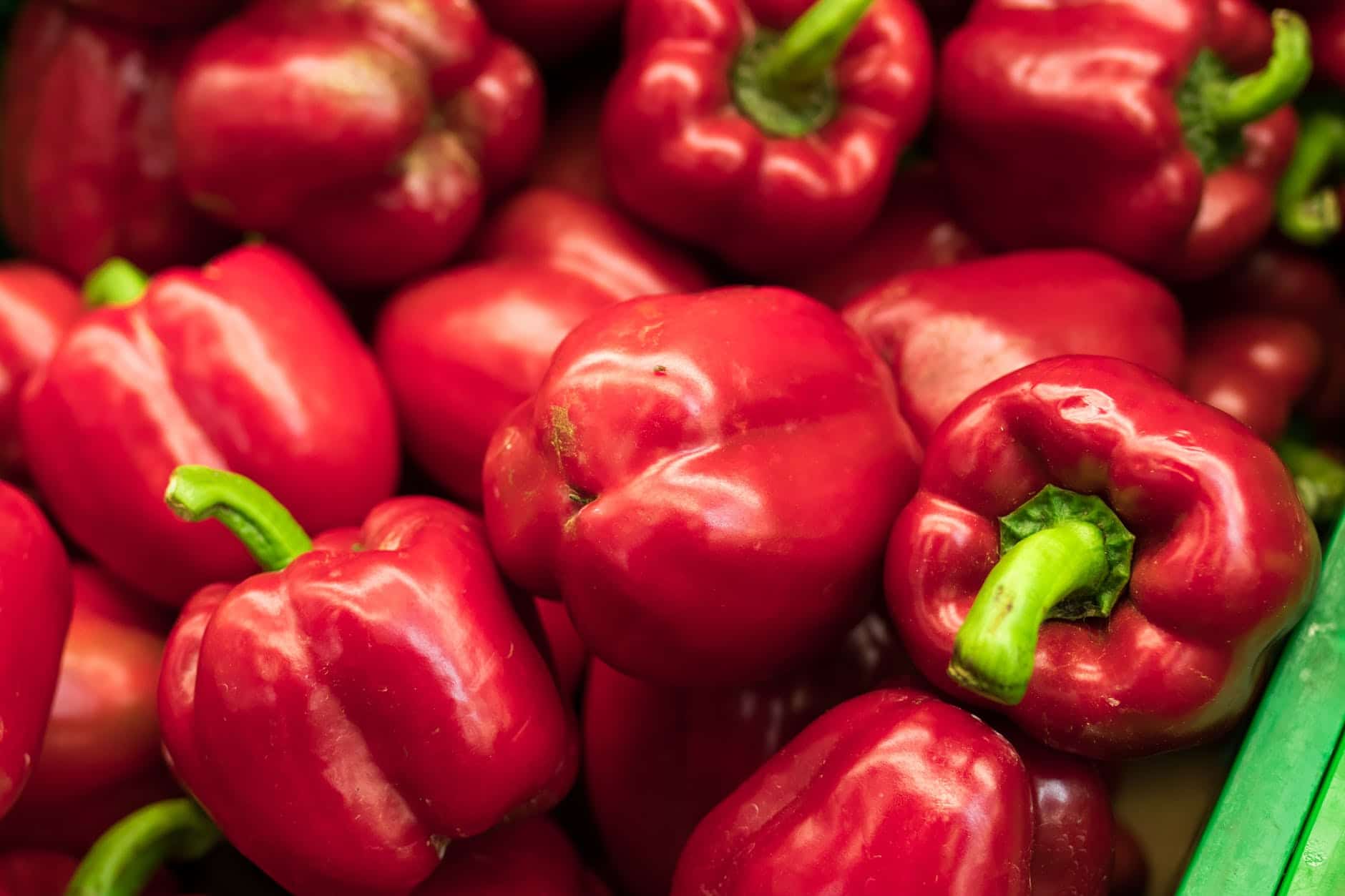
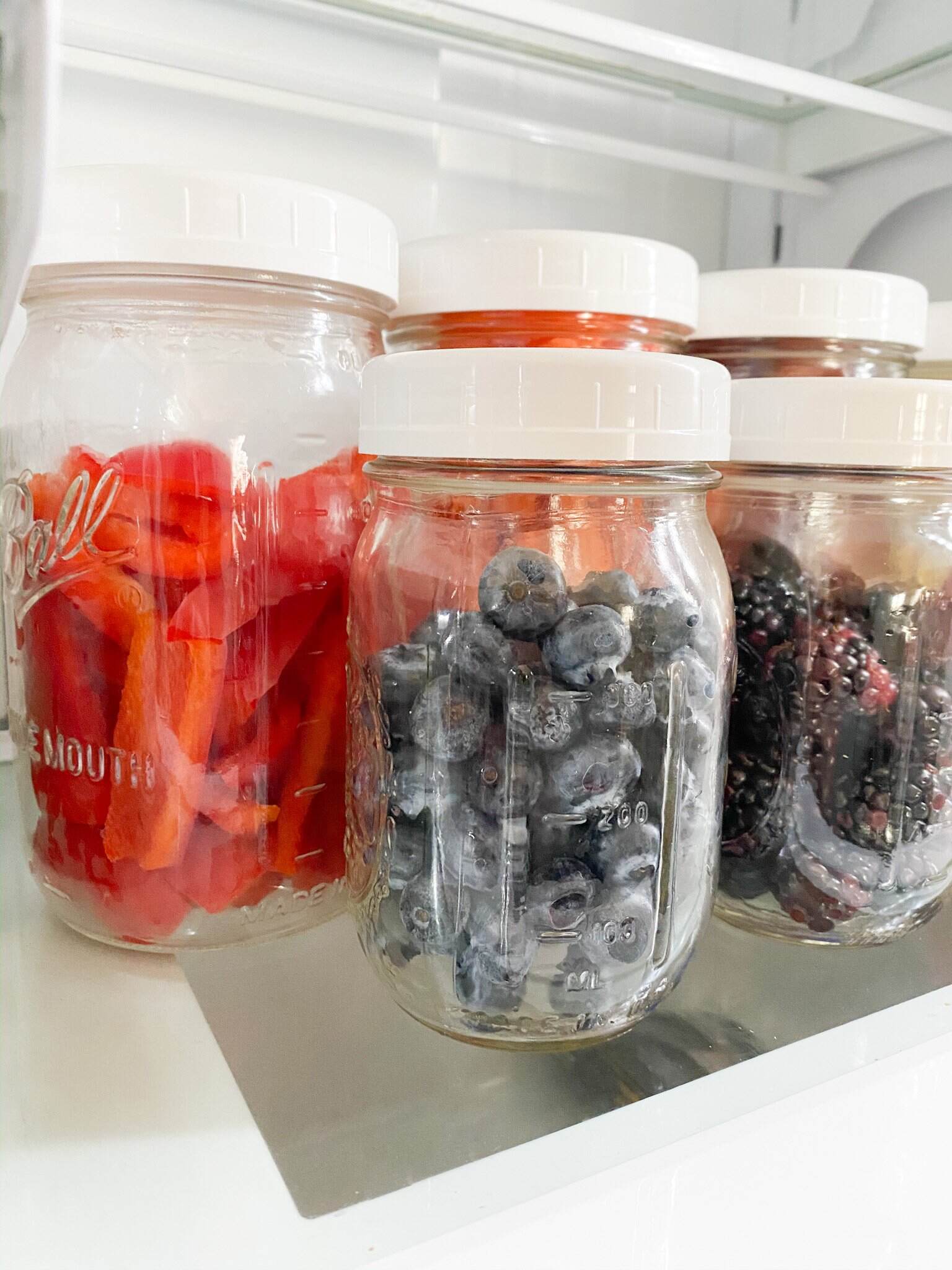
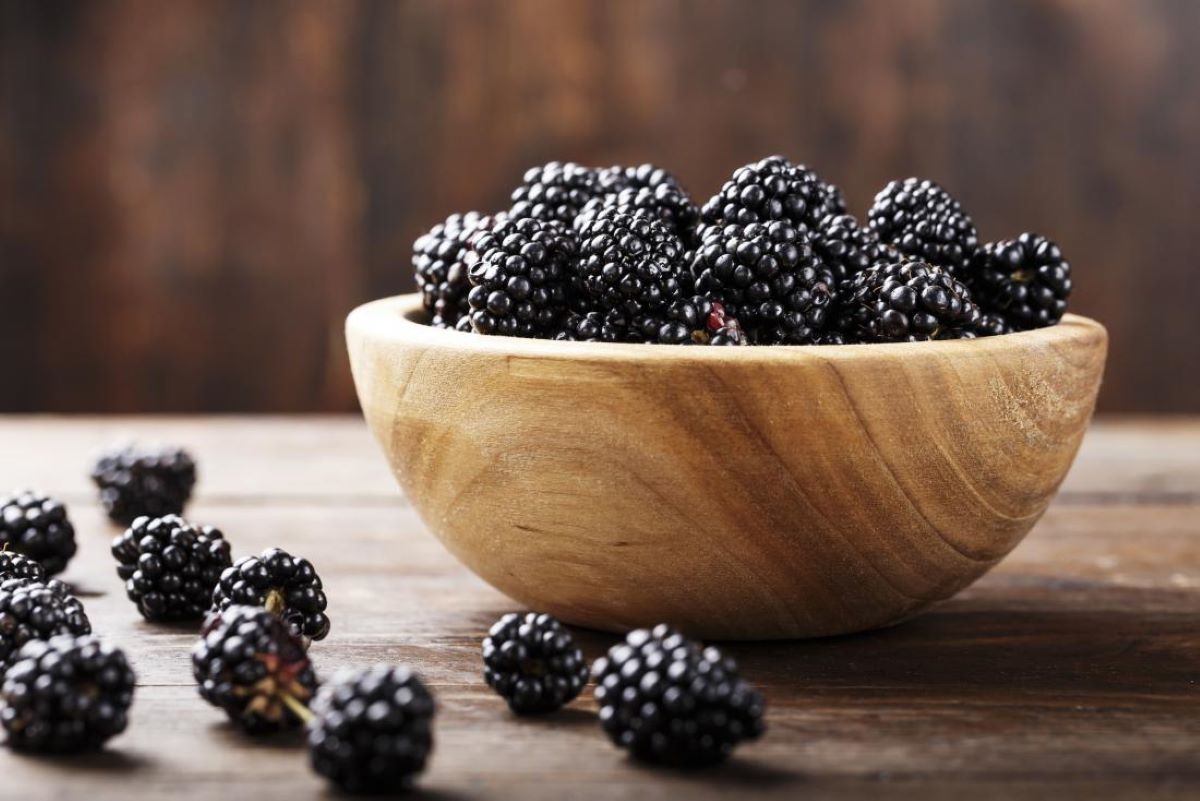

0 thoughts on “How To Store Bananas To Last Longer”